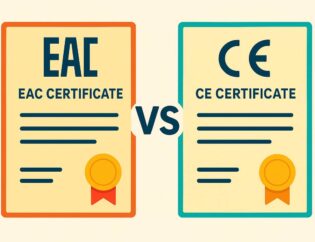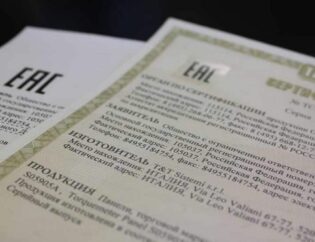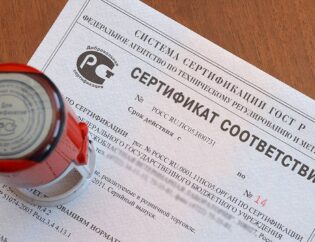
GOST-R and EAC Certification Processes: What You Need to Know
For businesses looking to export to Russia and the countries of the Eurasian Economic Union (EAEU), the GOST-R and EAC certificates are of great importance. Both certifications are essential for legally selling products in these markets. However, their scope, application areas, and processes are distinct from one another.
What is the GOST-R Certificate?
The GOST-R certificate is a document that demonstrates compliance with the national standards applied in the Russian Federation. This certification is mandatory for certain product categories, and companies exporting to Russia need to closely follow the process to obtain it.
GOST-R Certification Process:
- Identification of Product Standards: Determine which GOST-R standard applies to the product.
- Preparation of Necessary Documents: Prepare technical files, test reports, and producer information.
- Testing and Inspections: The product is tested in authorized laboratories.
- Issuance of Certificate: After successful testing, the GOST-R certificate is issued.
What is the EAC Certificate?
The EAC (Eurasian Conformity) certificate is a document that proves a product’s compliance with Technical Regulations (TR CU) in the EAEU countries, including Russia, Belarus, Kazakhstan, Armenia, and Kyrgyzstan. Without this certificate, products cannot freely circulate within the EAEU market.
EAC Certification Process:
- Identification of Applicable Technical Regulation: Determine which TR CU standard applies to the product.
- Testing and Evaluation: Products are tested in laboratories to assess their compliance.
- Inspection Process (If Necessary): Some product categories may require an inspection at the manufacturing facility.
- Issuance of Certificate: The EAC certificate is issued for products that meet the compliance criteria.
Comparison of GOST-R and EAC Certificates
| Feature | GOST-R Certificate | EAC Certificate |
| Scope of Validity | Only in Russia | EAEU countries (Russia, Belarus, Kazakhstan, Armenia, Kyrgyzstan) |
| Mandatory Status | Mandatory for certain product categories | Mandatory for entry into the EAEU market |
| Standards | Based on national GOST standards | Based on Technical Regulations (TR CU) |
| Validity Period | 1 – 3 years | 1 – 5 years |
This information is designed to help exporters understand the differences between the GOST-R and EAC certifications, their processes, and their areas of validity. The required certification depends on the product category and target market.







